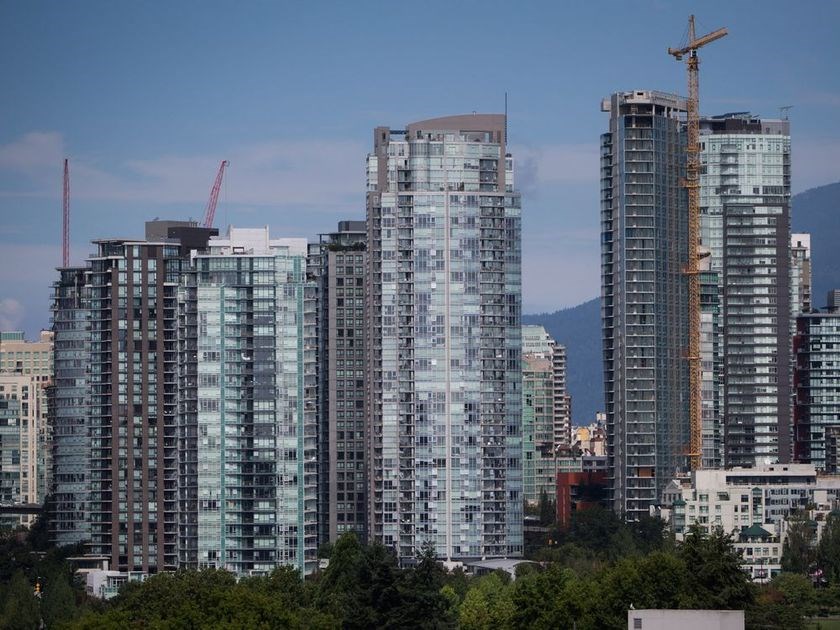B.C.’s finance minister considered taxing the capital gains of real estate speculators but decided it would do little to improve the tight rental market in the province’s biggest urban centres like Vancouver.
Carole James said Tuesday that while preparing tweaks to her government’s new speculation tax this week, she did seriously consider a capital gains tax to penalize those who flip investment properties and further drive up B.C.’s real estate prices. But she said it would not have driven the owners of multiple properties to put their units up for long-term rental, which is a key goal of the final speculation tax.
“Capital gains doesn’t do that,” James said in an interview. “It doesn’t encourage people. In fact because you may get targeted with capital gains when you sell your property, in fact for many people it might encourage them to hang on to their properties and just watch the appreciation go up as they’ve been doing. So that doesn’t solve the issue. It doesn’t meet the principles of the speculation tax.”
Currently, homeowners who sell property don’t have to pay capital gains tax on the profits as long as it is their primary residence.
The B.C. Greens had proposed during the election a tax on capital gains if you sell a home within five years, though a person would be able to accumulate $750,000 in “lifetime” capital gains from property sales before the tax would apply on subsequent profits. The Greens have also subsequently proposed a flipping tax on property bought and sold within three years.
The NDP government unveiled a “speculation tax” in February’s provincial budget, which it then significantly tweaked Monday amid a backlash by B.C. residents with vacation homes and cottages. James exempted Parksville, Qualicum Beach, the Gulf Islands, Bowen Island, Kent, Hope and Harrison Hot Springs from the tax, while also reducing the speculation rate for B.C. residents with second homes who refuse to rent them to 0.5 per cent from two per cent.
James said Monday the government would temporarily grandfather people out of the tax if their second property is in building where strata bylaws prohibit rentals. The tax exemptions will be temporary because government doesn’t want to incite stratas to pass new rental restriction bylaws to try to skirt the tax, said James.
“Allowing strata properties to avoid the speculation tax through no-rental bylaws would create an uneven playing field in the designated urban centres where the tax applies,” the Finance Ministry said in a statement Tuesday.
“To ensure fairness, the province will provide temporary grandfathering for strata properties that prohibit rentals. If a strata council were to pass a new no-rental bylaw, the strata properties will not be eligible for the temporary exemption.”
The ministry did address a question about whether the government could force stratas to abandon restrictive anti-rental bylaws.
Despite the vague language, there’s no need for immediate concern by strata owners, said Tony Gioventu, executive director of the Condominium Home Owners Association of B.C.
“I think it’s just going to parallel the formula the City of Vancouver has done on vacant homes — it’s already working and it’s working just fine,” said Gioventu.
“Buildings that have a rental bylaw, if the numbers of rentals has been reached and somebody’s unit is vacant because they can’t rent the unit, all they have to do is provide evidence from their bylaws and their strata council and then the tax is waived. It seems to be working fine with the City of Vancouver.”
Gioventu said he doesn’t think there will be a rush from stratas to pass rental restriction bylaws to skirt the tax. “That’s just not going to happen,” he said. “Strata corporations that have rental bylaws already have them. And new strata corporations that have been created since 2010 all have owner-builder renter exemptions on them so rental bylaws don’t apply anyhow.”
The government changed the law in 2010 so that strata corporations in new buildings can’t pass bylaws restricting rentals in units that the developers designated for rent during construction.



